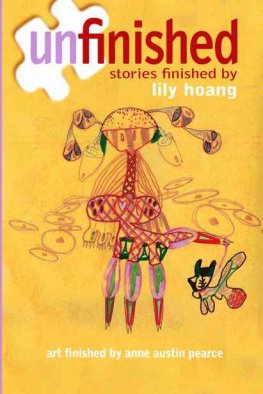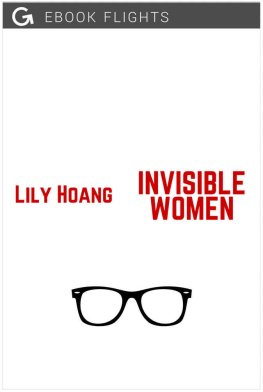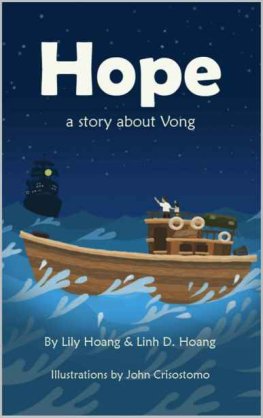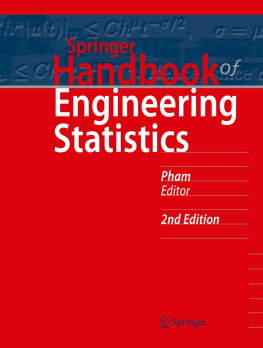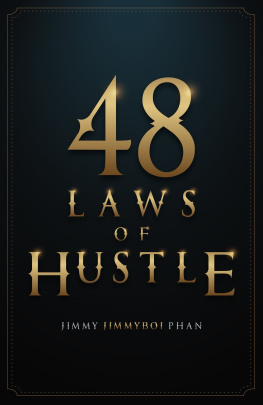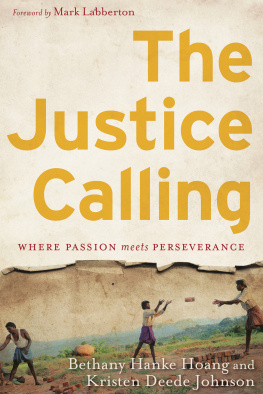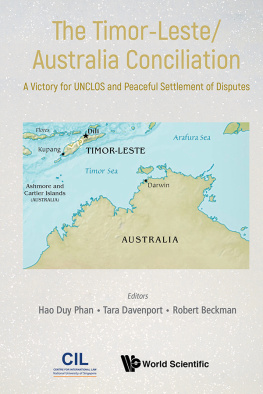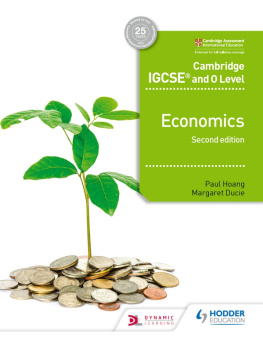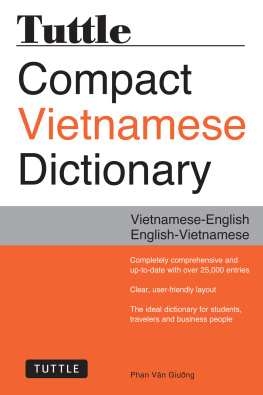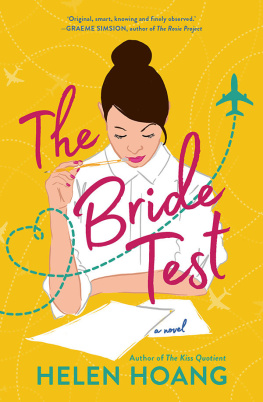Bonds of Citizenship
America and the Long 19th Century
General Editors
David Kazanjian, Elizabeth McHenry, and Priscilla Wald
Black Frankenstein: The Making of an American Metaphor
Elizabeth Young
Neither Fugitive nor Free: Atlantic Slavery, Freedom Suits, and the Legal Culture of Travel
Edlie L. Wong
Shadowing the White Mans Burden: U.S. Imperialism and the Problem of the Color Line
Gretchen Murphy
Bodies of Reform: The Rhetoric of Character in Gilded Age America
James B. Salazar
Empires Proxy: American Literature and U.S. Imperialism in the Philippines
Meg Wesling
Sites Unseen: Architecture, Race, and American Literature
William A. Gleason
Racial Innocence: Performing American Childhood from Slavery to Civil Rights
Robin Bernstein
American Arabesque: Arabs and Islam in the Nineteenth-Century Imaginary
Jacob Rama Berman
Racial Indigestion: Eating Bodies in the Nineteenth Century
Kyla Wazana Tompkins
Idle Threats: Men and the Limits of Productivity in Nineteenth-Century America
Andrew Lyndon Knighton
Tomorrows Parties: Sex and the Untimely in Nineteenth-Century America
Peter Coviello
Bonds of Citizenship: Law and the Labors of Emancipation
Hoang Gia Phan
Bonds of Citizenship
Law and the Labors of Emancipation
Hoang Gia Phan
New York University Press
New York and London
NEW YORK UNIVERSITY PRESS
New York and London
www.nyupress.org
2013 by New York University
All rights reserved
Library of Congress Cataloging-in-Publication Data
Phan, Hoang Gia.
Bonds of citizenship : law and the labors of emancipation / Hoang Gia Phan.
p. cm.(America and the long 19th century)
Includes bibliographical references and index.
ISBN 978-0-8147-3847-4 (cl : alk. paper)
ISBN 978-0-8147-7170-9 (pb : alk. paper)
ISBN 978-0-8147-3893-1 (e)
ISBN 978-0-8147-7192-1 (e)
1. SlavesLegal status, laws, etc.United StatesHistory.2.CitizenshipUnited StatesPhilosophy. 3. CitizenshipUnited StatesHistory. 4. SlaveryUnited StatesHistory. 5. Indentured
servantsLegal status, laws, etc.United StatesHistory. 6. Social structureUnited StatesHistory. 7. Slavery in literature.8. Citizenship in literature. 9. Master and servant in literature.I. Title.
KF482.P492013
342.73087dc23
2012035343
References to Internet Websites (URLs) were accurate at the time of writing. Neither the author nor New York University Press is responsible for URLs that may have expired or changed since the manuscript was prepared.
A book in the American Literatures Initiative (ALI), a collaborative publishing project of NYU Press, Fordham University Press, Rutgers University Press, Temple University Press, and the University of Virginia Press. The Initiative is supported by The Andrew W. Mellon Foundation. For more information, please visit www.americanliteratures.org.
For Tho and Lien Phan
Contents
This book has benefited from the intellectual and material support of many. At the University of California, Berkeley, I was fortunate to work closely with Stephen Best, Colleen Lye, and Samuel Otter. Individually and collectively they inspired and challenged me as this project first took shape. A special word of gratitude goes to Stephen for his invaluable support and encouragement of the project throughout its inception and writing. I am grateful also to Angela Harris for sharing her legal expertise as reader and interlocutor.
The University of California, Berkeley, and the Berkeley English Department provided much-needed institutional support for my research in its early stages. Over the course of the project, additional support was provided by the Doreen B. Townsend Center for the Humanities; the Andrew W. Mellon Foundation; Williams College; the University of Massachusetts, Amherst; and the Five Colleges, Incorporated. The Law and Humanities Junior Scholar Workshop held at Columbia Law School (2003) afforded me the opportunity to share my work with a brilliant grouping of scholars. I thank David Eng, Katherine Franke, Cheryl Harris, Daniel Hulsebosch, Teemu Ruskola, and Austin Sarat for their suggestions during discussion. Special thanks to Walter Johnson, whose illuminating commentary on my paper for the Workshop helped me to refine this books historical arguments. Audiences at New York University, Williams College, and the Five Colleges also provided productive dialogue. At the University at Albany, SUNY, Bret Benjamin, Rosemary Hennessey, and Mike Hill encouraged and pushed my research further, while sharing their own work with me and giving generously of their time to mentor me as a junior colleague.
At the University of Massachusetts, Amherst, I am grateful to many English Department colleagues for their support and research stimulus: Nick Bromell, Suzanne Daly, Laura Doyle, Mason Lowance, Asha Nadkarni, Jordana Rosenberg, TreaAndrea Russworm, Joseph Skerrett, Jenny Spencer, and Ron Welburn. I am especially grateful to Ruth Jennison, my comrade at Berkeley long before we became colleagues at UMass, for these many years of intellectual collaboration. I want to thank also my colleagues in the W. E. B. Du Bois Department of Afro-American Studies, whose work is a model of interdisciplinary scholarship: Amilcar Shabazz, Manisha Sinha, James Smethurst, and Steven Tracy. The following pages have also benefited immensely from the scrupulous attention of the readers for NYU Press. I am grateful for the support of my series editors, David Kazanjian, Elizabeth McHenry, and Priscilla Wald. NYU Press editor-in-chief Eric Zinner supported this book project from its very beginning. I thank him and assistant editor Ciara McLaughlin for guiding me through the publication process with such care and enthusiasm. I also thank Aaron Winslow for research assistance, as well as Tim Roberts and Susan Murray for assisting in preparation of the manuscript.
Finally, I thank my family for their unwavering support of my intellectual pursuits. My sisters, Dao and Loan, and my brother, Khai, encouraged these pursuits long before any of us imagined what might come of them, and cheered me along the way these many years. This book is dedicated to my parents, Tho Chanh Phan and Lien Diep Phan. To them I owe my greatest debts, and my deepest bonds.
What will the people of America a hundred years hence care about the intentions of the scriveners who wrote the Constitution?
Frederick Douglass, The Constitution of the United States: Is it Pro-Slavery or Anti-Slavery?
In 1849, as the Union crisis escalated over yet another likely compromise with American slavery, Frederick Douglass startled the antislavery movement with an unusually equivocal statement of his view of the Constitution as a slavery-sanctioning text: On a close examination of the Constitution, I am satisfied that if strictly construed according to its reading it is not a pro-slavery instrument.I now hold that the original intent and meaning of the Constitution (the one given to it by the men who framed it, those who adopted it, and the one given to it by the Supreme Court of the United States) makes it a proslavery instrument. Douglasss concluding claim that the original intent and meaning of the Constitution made it a pro-slavery instrument was uncontroversial, the reiteration of an interpretation widely accepted by abolitionists and slaveholders alike in antebellum America. Indeed, this view of the original Constitution as a slavery-sanctioning document remains accepted by most modern historians. What startled so many in 1849 was Douglasss first claim, one that seemed to contradict this interpretation of the Constitution. How could one hold the view that the original intent and meaning of the Constitution was to sanction and safeguard slavery, while simultaneously arguing that if strictly construed, the Constitution was not a proslavery document? How could the meaning of this founding legal document be construed against that intended meaning given to it by the men who framed it? These were the central hermeneutic questions of the debate over what would come to be called the 1850 Compromise and its federal Fugitive Slave Act.



